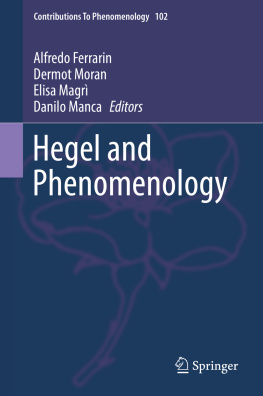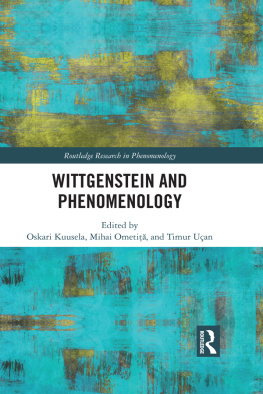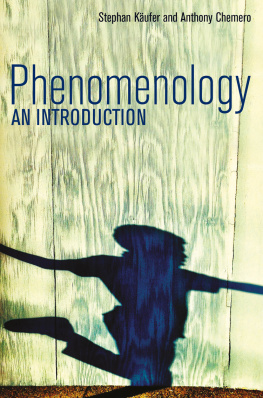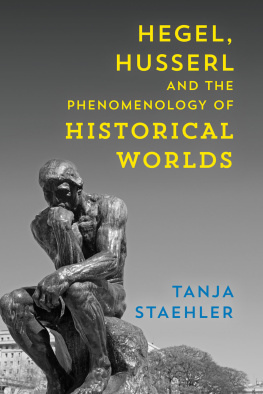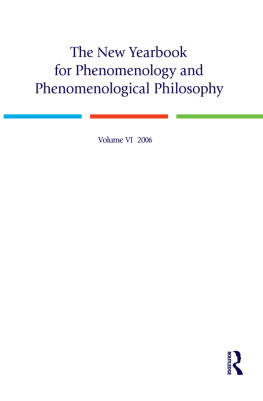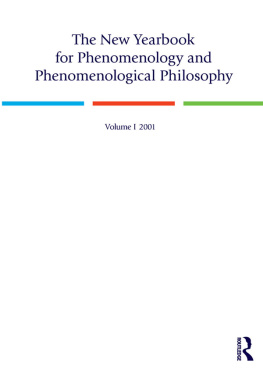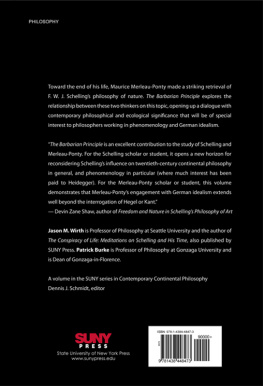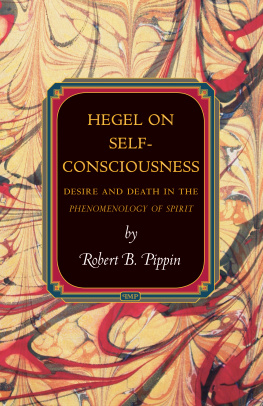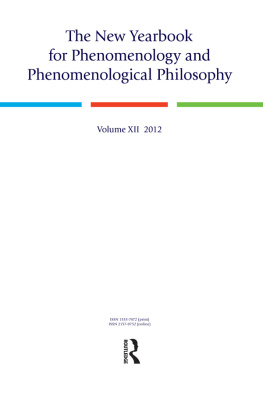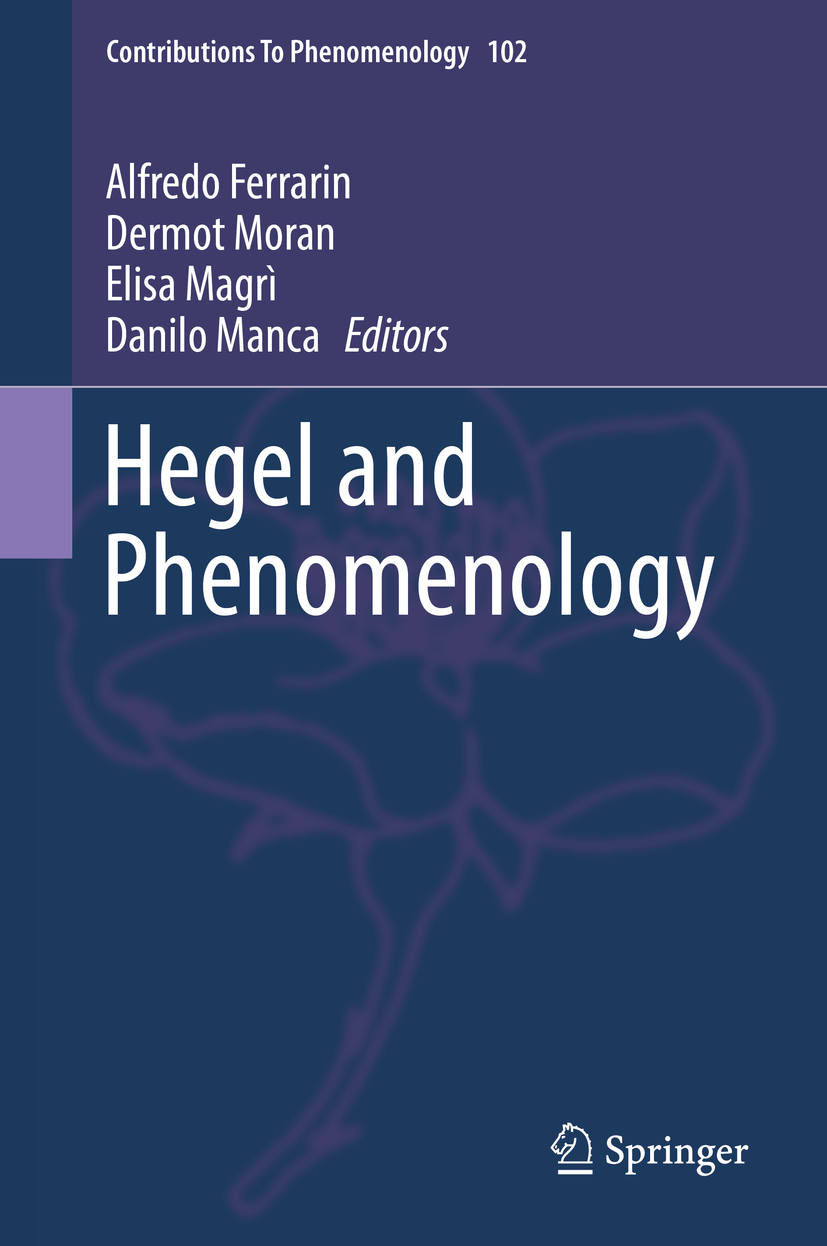Alfredo Ferrarin - Hegel and Phenomenology
Here you can read online Alfredo Ferrarin - Hegel and Phenomenology full text of the book (entire story) in english for free. Download pdf and epub, get meaning, cover and reviews about this ebook. year: 2019, publisher: Springer, genre: Religion. Description of the work, (preface) as well as reviews are available. Best literature library LitArk.com created for fans of good reading and offers a wide selection of genres:
Romance novel
Science fiction
Adventure
Detective
Science
History
Home and family
Prose
Art
Politics
Computer
Non-fiction
Religion
Business
Children
Humor
Choose a favorite category and find really read worthwhile books. Enjoy immersion in the world of imagination, feel the emotions of the characters or learn something new for yourself, make an fascinating discovery.
- Book:Hegel and Phenomenology
- Author:
- Publisher:Springer
- Genre:
- Year:2019
- Rating:3 / 5
- Favourites:Add to favourites
- Your mark:
Hegel and Phenomenology: summary, description and annotation
We offer to read an annotation, description, summary or preface (depends on what the author of the book "Hegel and Phenomenology" wrote himself). If you haven't found the necessary information about the book — write in the comments, we will try to find it.
The volume fills a gap in historiography, expanding the knowledge of the impact of Hegels philosophy on contemporary philosophy, as well as by raising new questions on the transformation of transcendental philosophy in post-Kantian philosophy. The contributions gathered in this volume shed new light on issues related to the problem of scientific method in philosophy, on the philosophy of history, as well as on the dimension of subjectivity. By providing critical insights into Hegels philosophy and contemporary phenomenology, the book opens up new research perspectives recommended to philosophers and scholars of different traditions, especially classical German philosophy, phenomenology, and history of Western philosophy.
Alfredo Ferrarin: author's other books
Who wrote Hegel and Phenomenology? Find out the surname, the name of the author of the book and a list of all author's works by series.

